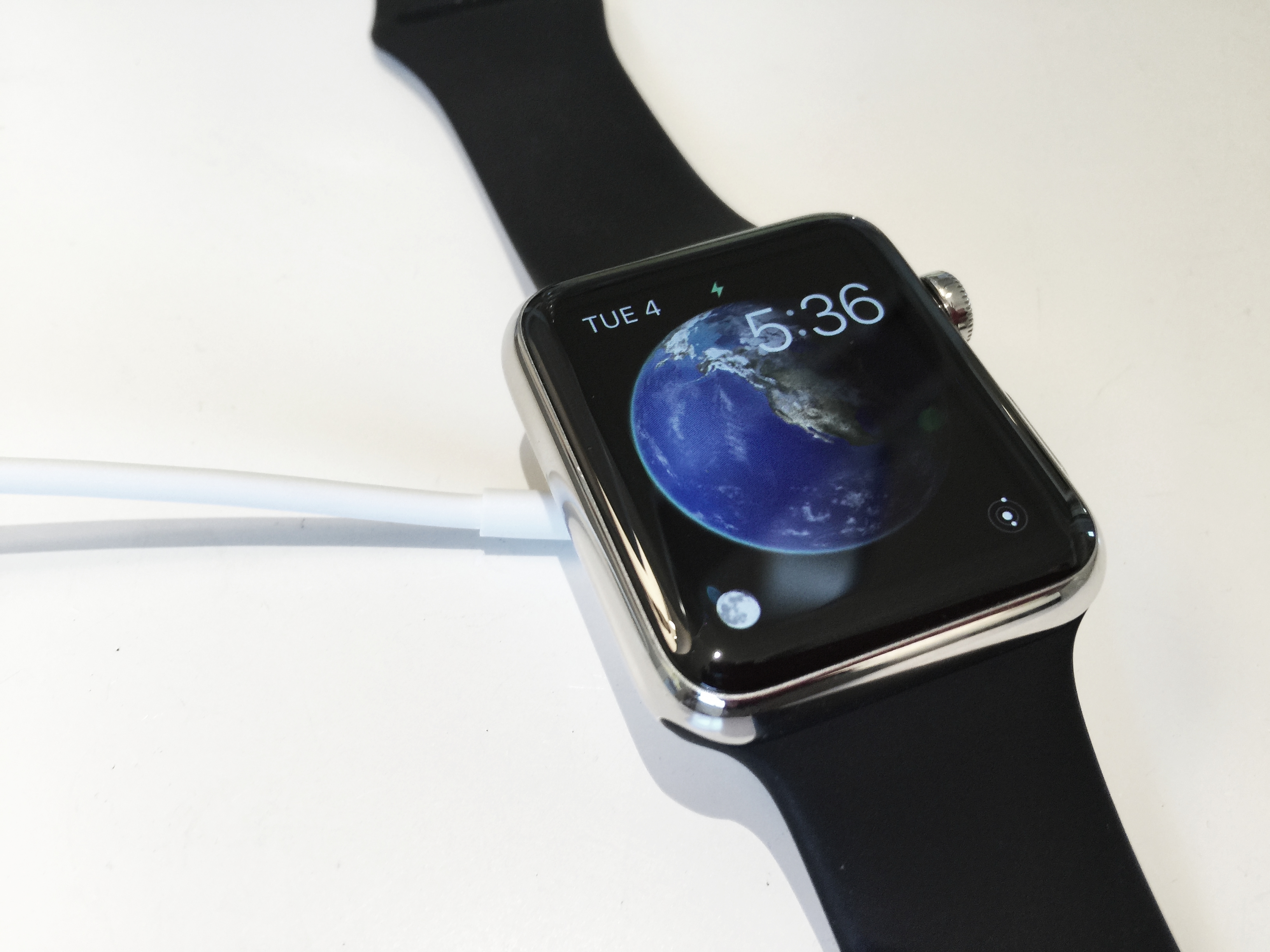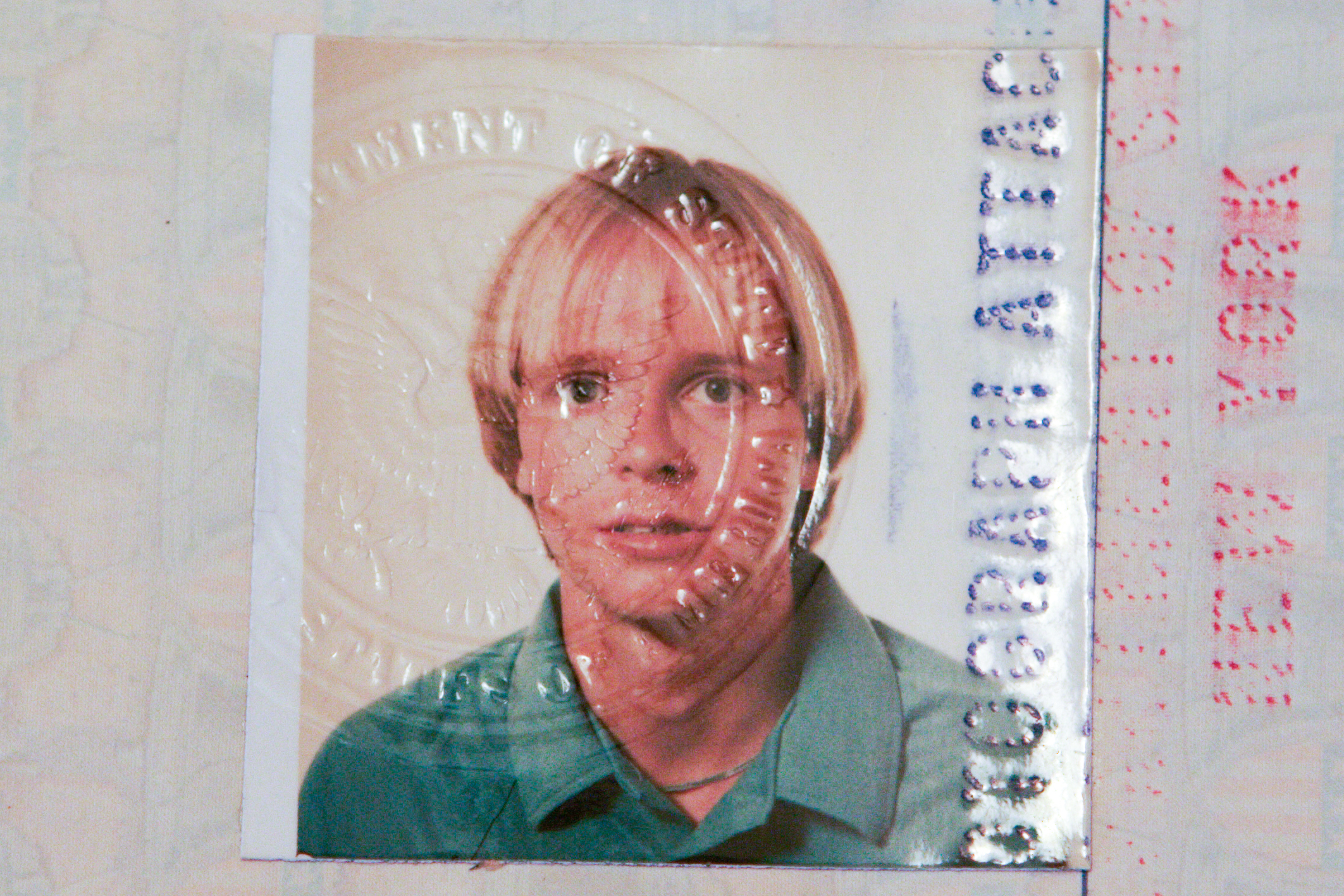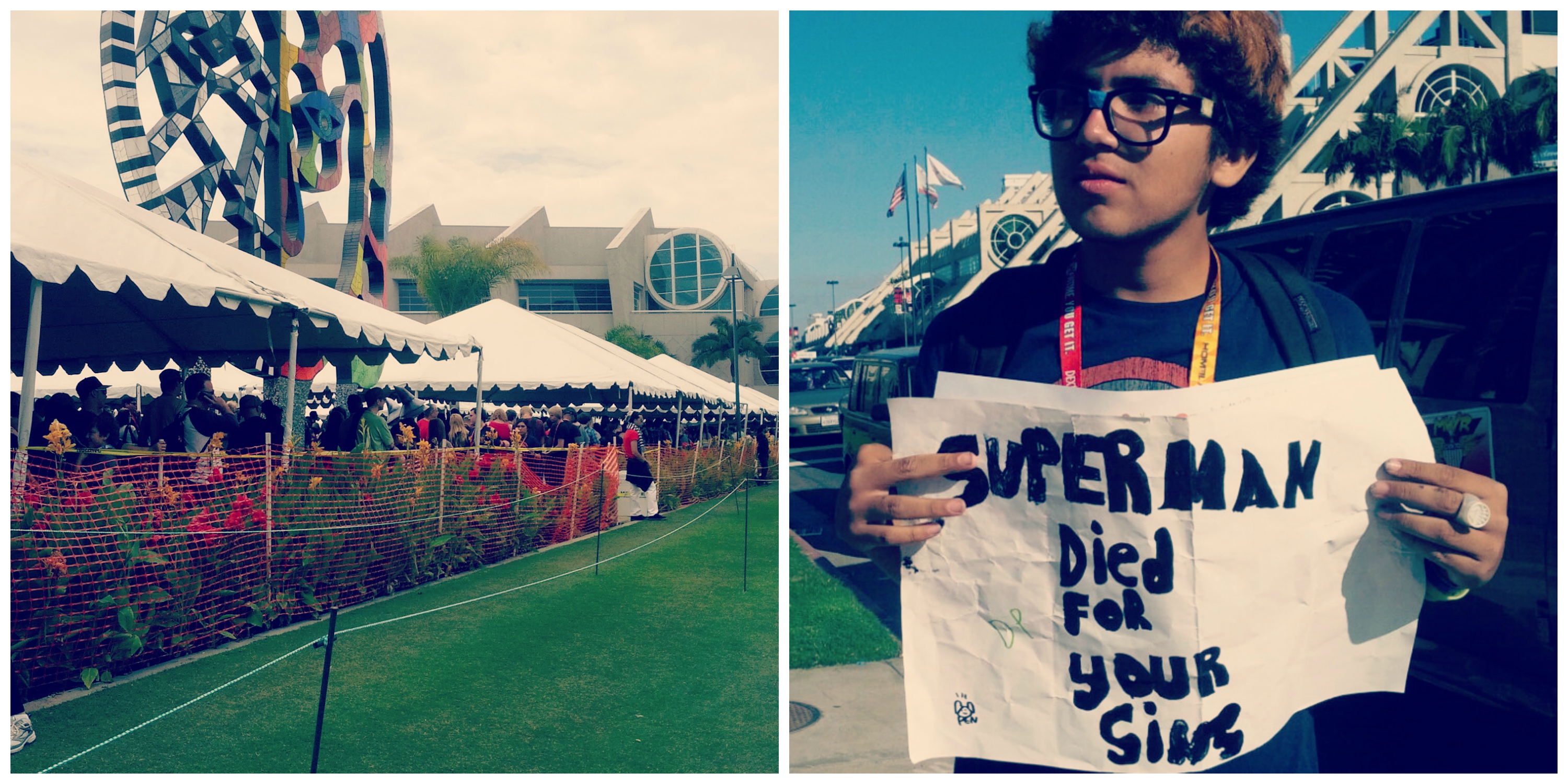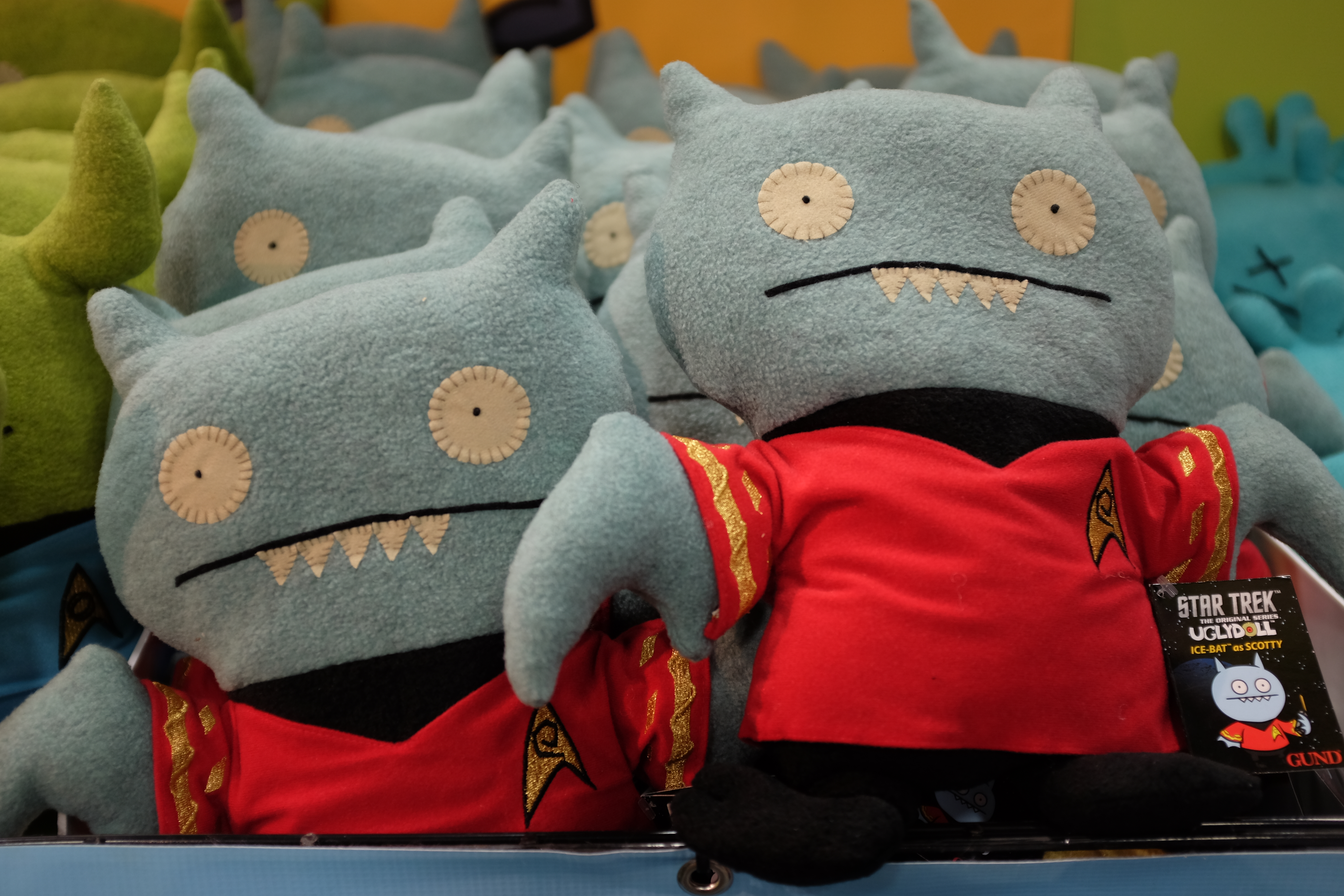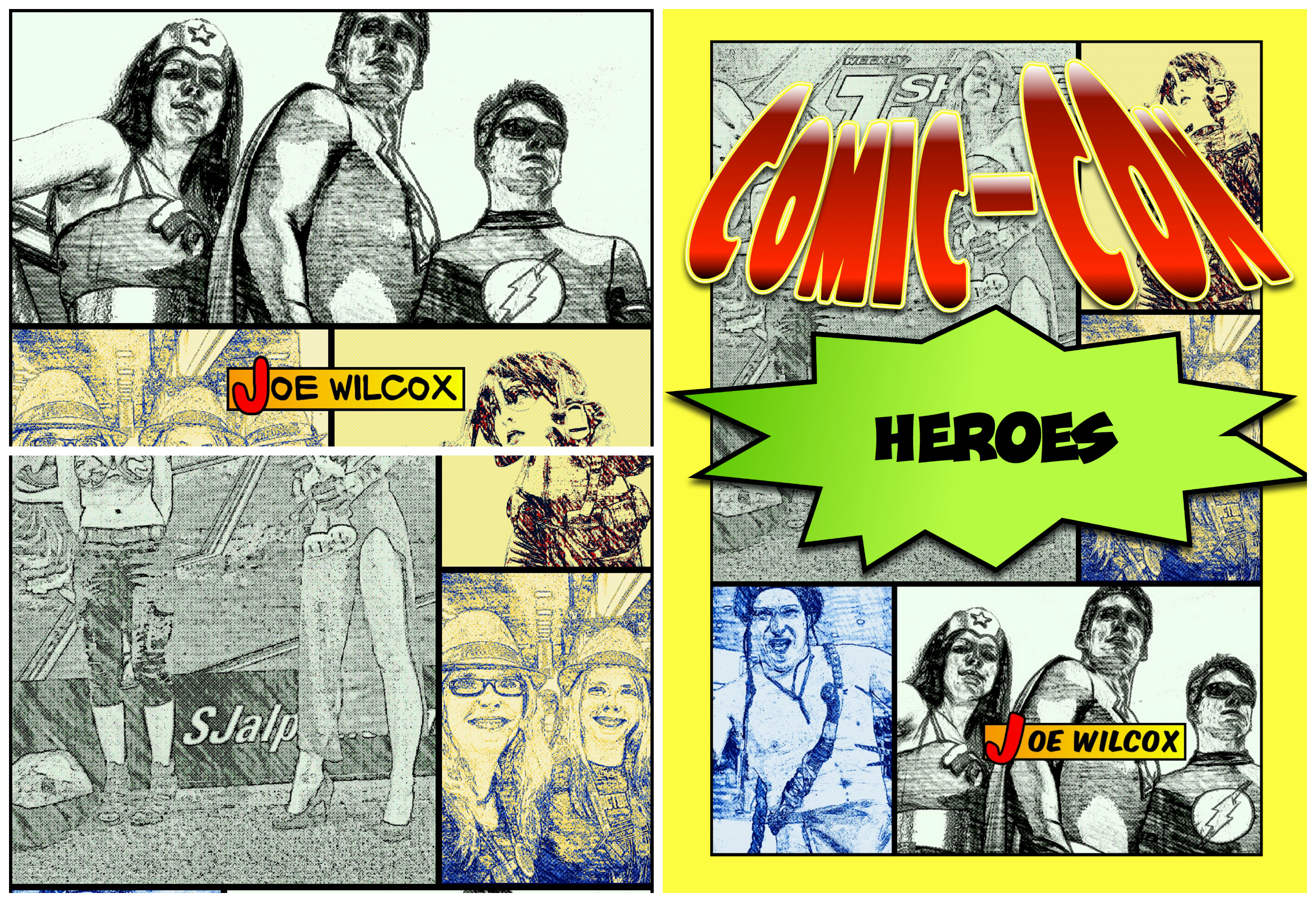The weather is perfect here in San Diego—what my wife and I call a Maine Day: 22 degrees Celsius and breezy. We hauled off to Ocean Beach, where navigating people busking or begging for money takes almost as much talent as negotiating a kayak through rocky rapids. Sure enough, I looked left and missed the approaching, friendly fundraiser from the right. Smack!
The singing circle of happy people distracted me. Oh no! Greenpeace? Again? Just cut an artery why don’t they and bleed me? But this dude—the one holding the yellow sign—had a different pitch. Greenpeace hires for two-week jaunts, he claimed, and those who don’t meet their quotas are dismissed from service. There be women with kids about to lose their livelihood. Yikes! The small cadre raised money against Greenpeace.

